Enriching, Expanding, Experience
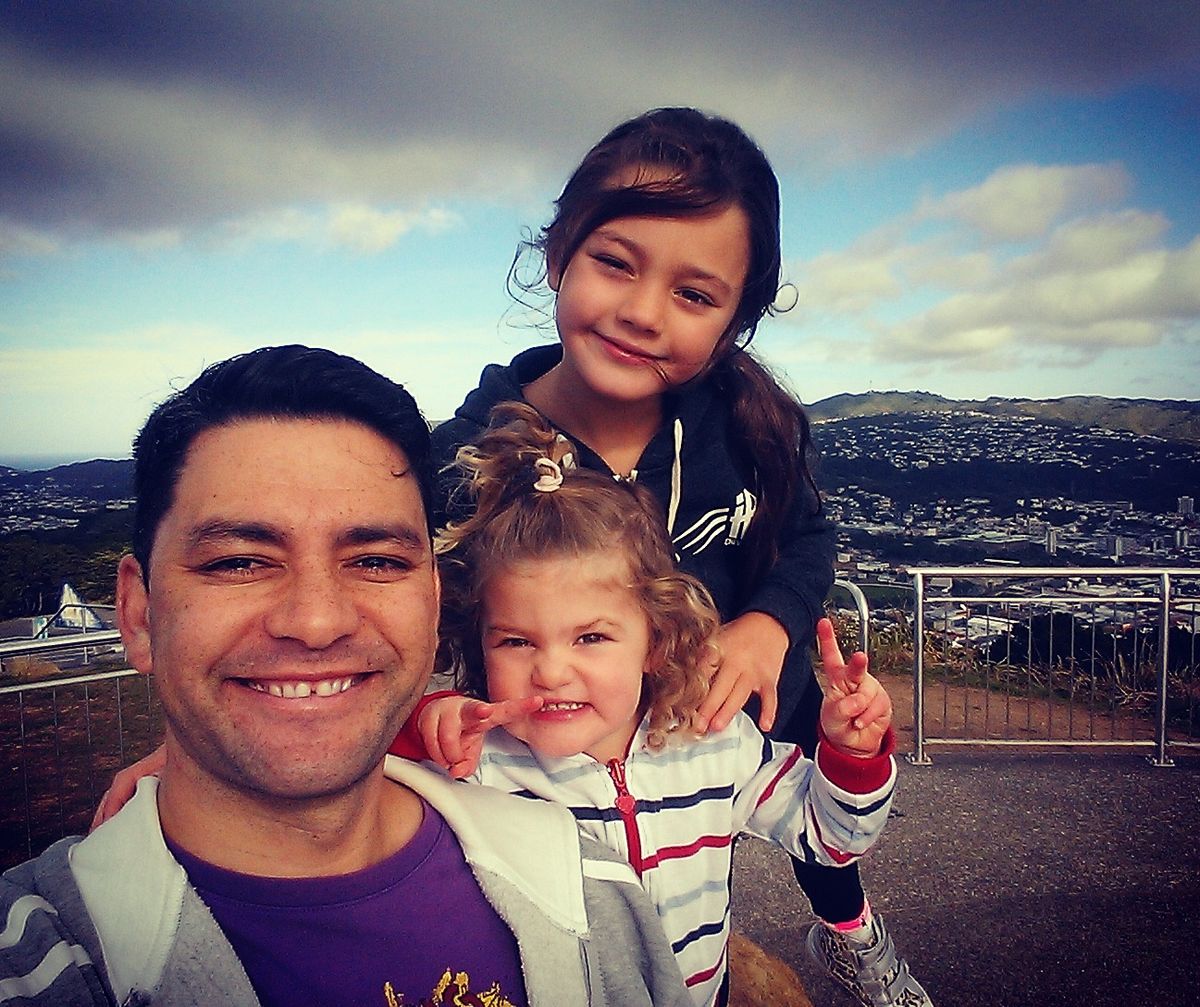
Last Tuesday I got a call from my friend Liz Gosling, asking if I could fill in for Michelle Dickinson, and keynote at the annual AUT digital planning event.
I really enjoyed putting the presentation together - it's taken from a number of blog posts, but also a result of several conversations with colleagues and friends, as well as pieces I've been reading over the last few months.
This is my script/speaking notes, with most of the slides included. I made a few changes at the last minute, and I go offscript a little bit, so it's interesting (for me at least) to have both the live version and what I planned to say in one place.
The day was livestreamed and my presentation of about 40 minutes can be viewed here.
Good morning and thank you for having me here today - I feel quite humble to be asked to step in to fill the boots of Nanogirl, if she's watching on the livestream I hope she's feeling better.

I've only been to your beautiful campus once before - that was at the drinks function that opened the EdgeWork - Educational Futures project, which Professor Jane Gilbert is heading up - and it's a privilege to be here again.
My title at N4L is the training lead, and my role has been to talk about the various services and products that this crown agency has built and is delivering over the Managed Network. When I say "talk" - it's been about providing understanding about these services - as well as "how-to" use those services. It's been about simplifying complexity as much as possible without losing meaning - to allow school leaders to make sense of the technology and make useful decisions accordingly.
Over the last 3 years, N4L has connected over 2300 primary and secondary, as well as integrated schools to a reliable fibre network, from 10MB rural connections with 10 students up to 1GB connections for large urban school like Rangitoto College. N4L provides active monitoring, web filtering and firewall services to the majority of those schools. It looks after 764,590 users, and here are the stats for how the network is being used - these are from April
N4L then is helping to build and maintain a key part of the infrastructure that will underpin the education sector into the future... and I've been asked today to present on how initiatives like N4L can shape the future, to as it says in your theme, prepare students for their worlds.
So I wanted to start with a big picture perspective, with this look at the "Future of Education" ...
TAB: GOLDMANN SACHS video
cut short - interrupt with "can I have the lights up please"
Show of hands if anyone feels like a drink right now... anyone?
Let's turn this into a drinking or a game of bingo - and if there's anything in this video, that makes you want to shout - or think "Drink!" - the feel free to do so.
TAB: continue to play video
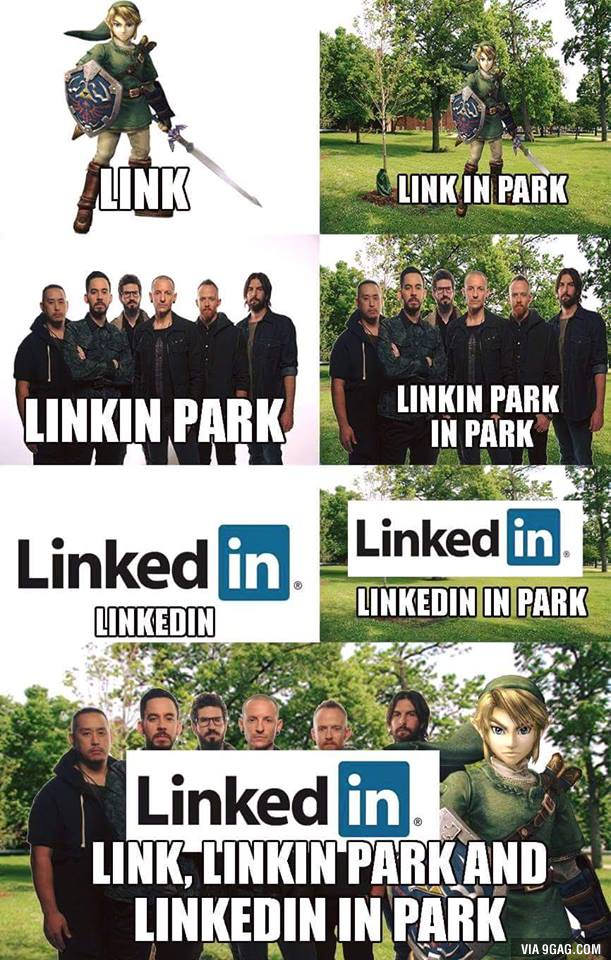
Now at this point, with a visual like this you might be thinking, this talk is going to be a little bit different... and yes, I'm aiming for it to challenge some perceptions.
And hopefully you'll see how it's OK to do that - without being snarky for the sake of it.
Of course, at this point we could go and look at Victor's LinkedIn profile. We won't - and I wouldn't do it to make fun of this individual - but because I think when we consider the "future of education" we need to do due diligence on who is saying these things, to understand their motivations.
And if you were to look at that profile - what educational values, as you might understand them, does Victor and his org bring to education - how can their activities enrich and expand student experience?
OK - so let's leave that there - and let's look at a different aspect of the future - this time via Twitter.
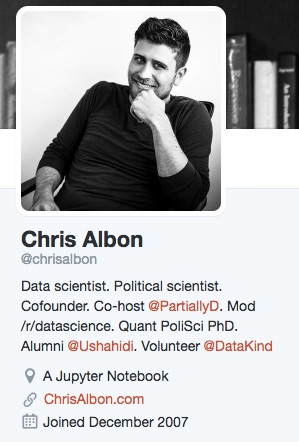
Chris Albon - he's a political scientist that I follow - a data scientist, worked on the Ushahidi project - and he tweeted this a couple of weeks ago.
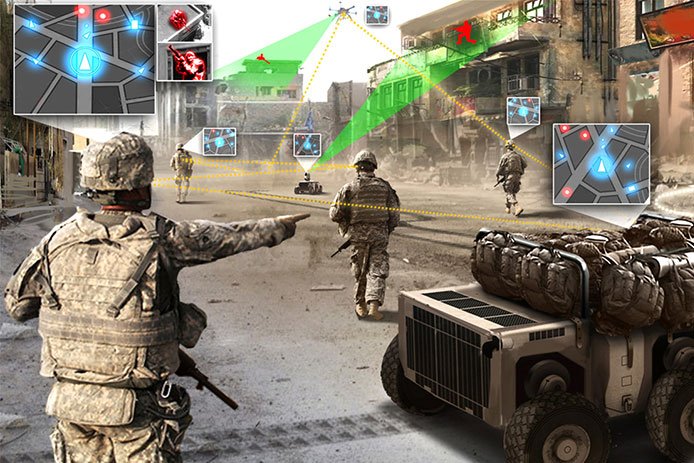
This is an image of the future of military action and experience... and as you look at it - show of hands if you've seen something like this before - in the movies, on an episode of CSI maybe playing CounterStrike ....
Here's the reality...

And I love this image - at one level it's deeply unsettling - at another it's symptomatic of the human condition. If you removed the military hardware - who hasn't seen this played out by young people?
But you know that none of the major smartphone players are going to be using this image in any of their marketing of the futuristic nature of their digital devices. They'll show us skateboarding in empty rooms, and jumping into the Mediterranean..

Let's look at another example of how our predictions are often disconnected from reality. I've heard it said, that we need to consider the collaborative economy - the rise of AirBnB, or Uber and other disruptive companies. And that we in education should look to some of these Silicon Valley type organisations as models for how we design and deliver education and learning.
So what does that actually mean - what do self-driving vehicles, and the Uberization of education actually mean?

Well, here's what one outcome could be - from an article I read the other day:
“Although Uber, Tesla and Google get all the headlines regarding self driving vehicles,the most immediate and grand consequence of the self-driving revolution will be that 3.5 million truck drivers will lose their jobs in the next 5 years.”
Consider that trucking in the US is a $700billion dollar industry.
And the key benefits that point to self-driving trucking are:
Trucking routes are more easily managed that personal driving routes.
Self driving trucks will save on salaries,
Self driving trucks don't require Health & safety breaks
Self driving trucks will reduce the number of driving accidents.
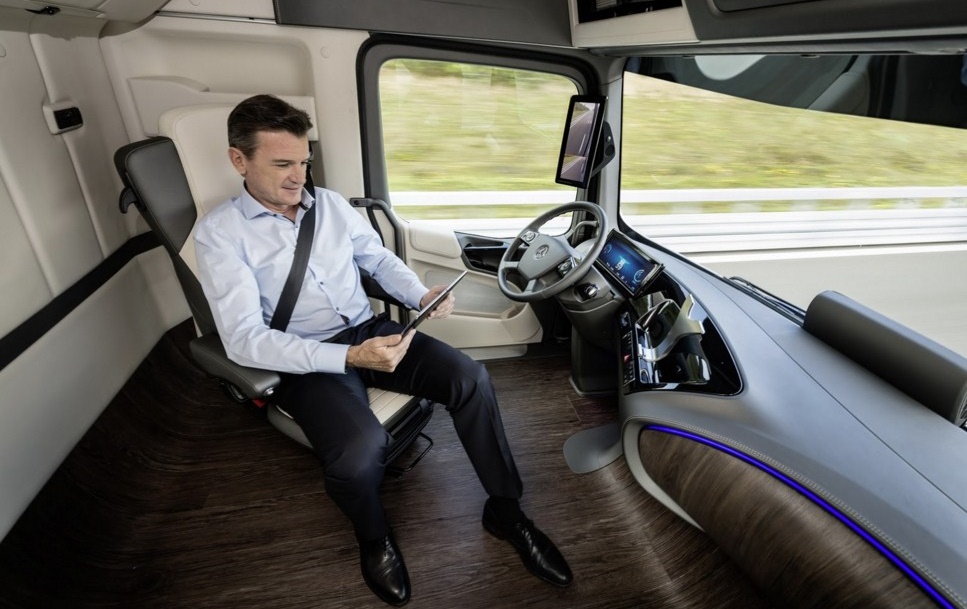
Possibly the most non-truck driving truck driver ever in this image - and of course, other than driving the actual vehicle, there are many things truck drivers do - with regards to loading, safety checks and so on...
So arguably these benefits are just assumptions at this point and there is more to being a truck driver than just driving.
But if we're arguing for the self-driving future, are we OK with the societal implications?
3.5 million people out of jobs...
More importantly, what are the implications for those of us in education if we seek to Uberize it?
And if you find yourself posing the same defensive responses as those who drive trucks, in response to this uberization - I'd like you to consider that this really isn't about the "future of education" - but the future of society.
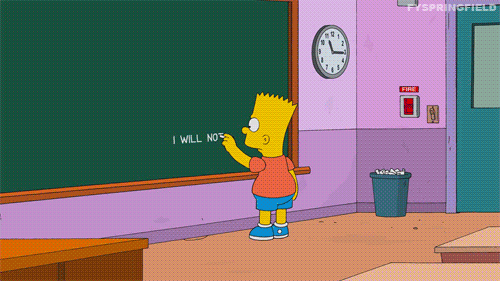
Because I think we in education are actually pretty poor at predicting the future - even though we regularly say that we are "future focused"
Show of hands if you've heard that expression - we're a future focused profession, and we need to prepare students for jobs that don't exist...
How about "evidence based professionals"
So here's some data, that I think tells an interesting story about how much we were future focused back before 2008
TAB: This is google trends... (use Live data - look for "ipad", "tablet computing" add location - NZ)
Now this data is web search data that we could challenge - but I think it's a really interesting point to consider, that before 2009, I don't recall anyone in the general education sphere, discussing the implications of tablet technology and what it would mean for learning... and a year after Apple released the iPad on April 3rd 2010 ... everyone was.
as if we were the ones leading the way to the future.
OK - let's turn to another bugbear of mine:
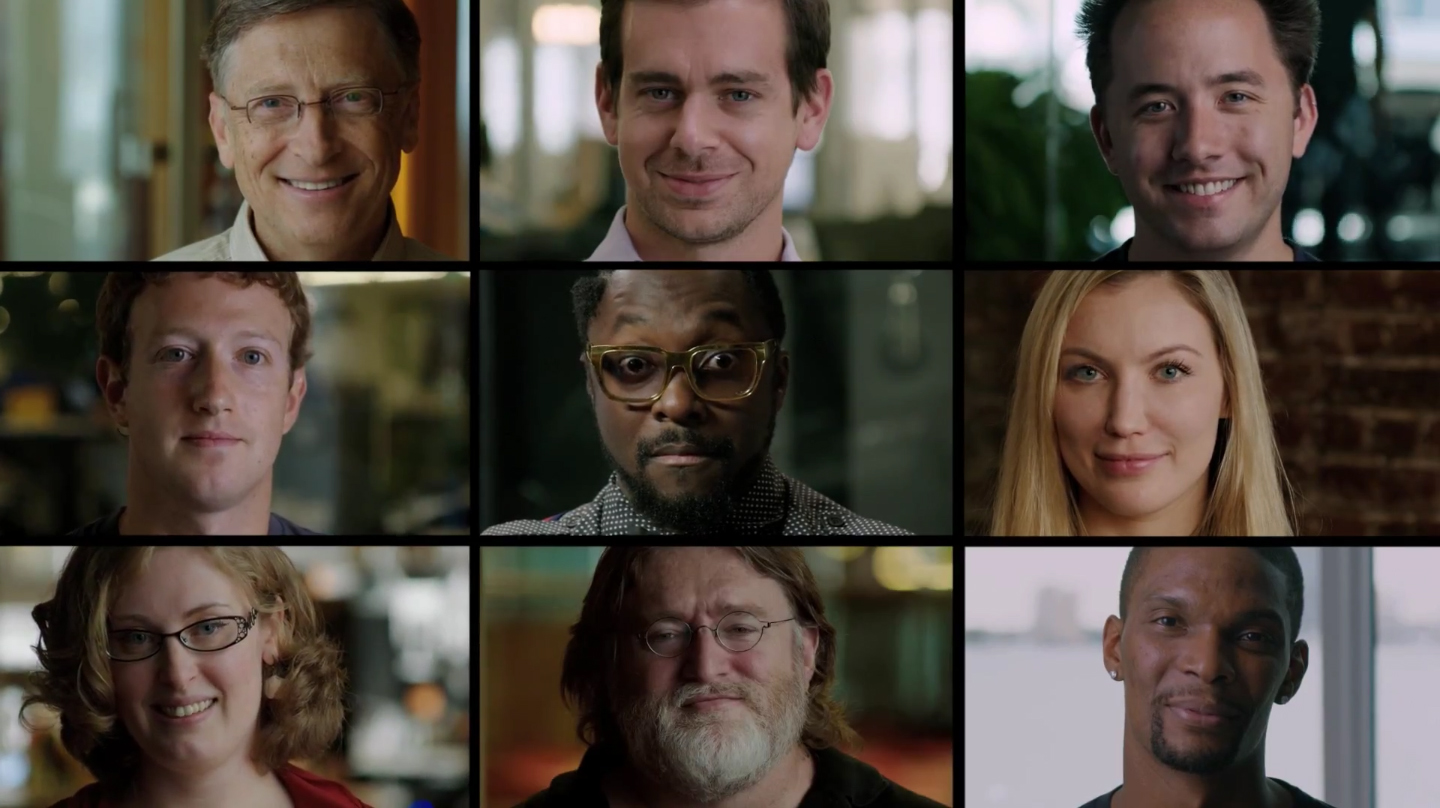
Coding. In schools. We need to teach it.
So that everyone in this picture will have people to work in their organisations - to build things that help their organisations.
This is Bill in the top left, then below him is Mark, then there's Will.I.am - a famous musician, who just happens to code, there's Drew, who made Dropbox, and Jack who built Twitter, Elena who created clothia.com, and Gabe who built Valve. and Chris Bosch, who's a basketball player, who did some coding...
And here's the thing - I've used code.org resources with my students - and some of them loved it, and some of them did just enough to finish, and some of them really struggled - and you had to unpack really basic maths concepts, and how to read instructions, just to get the across the line. You know, just like any subject or lesson.
And that's alright....
but the premise of this meme in education is broken.
The premise is - if you do this course - you'll potentially become Bill Gates, or Jack Dorsey or Mark Zuckerberg... and we don't do that sort of justification with any other aspect of education.
We don't teach writing so that our students can become Patrick Ness or Eleanor Catton or Michael King or JK Rowling.
We don't teach mathematics so that they can become Roy Kerr or Alan Turing, or Hedy Lamarr.
We teach because these skills, these competencies allow them to be part of this world, to understand and to shape this world.
I've played the code.org intro video to students, and then asked what they liked most - and they usually say that they think it's cool they can skateboard down the hallways, or that there are beanbags at Pinterest's headquarters.
Which is telling...
Because we don't need them to like beanbags, we want them to see themselves as problem solvers, with an ability to consider problems and figure ways to solve them.
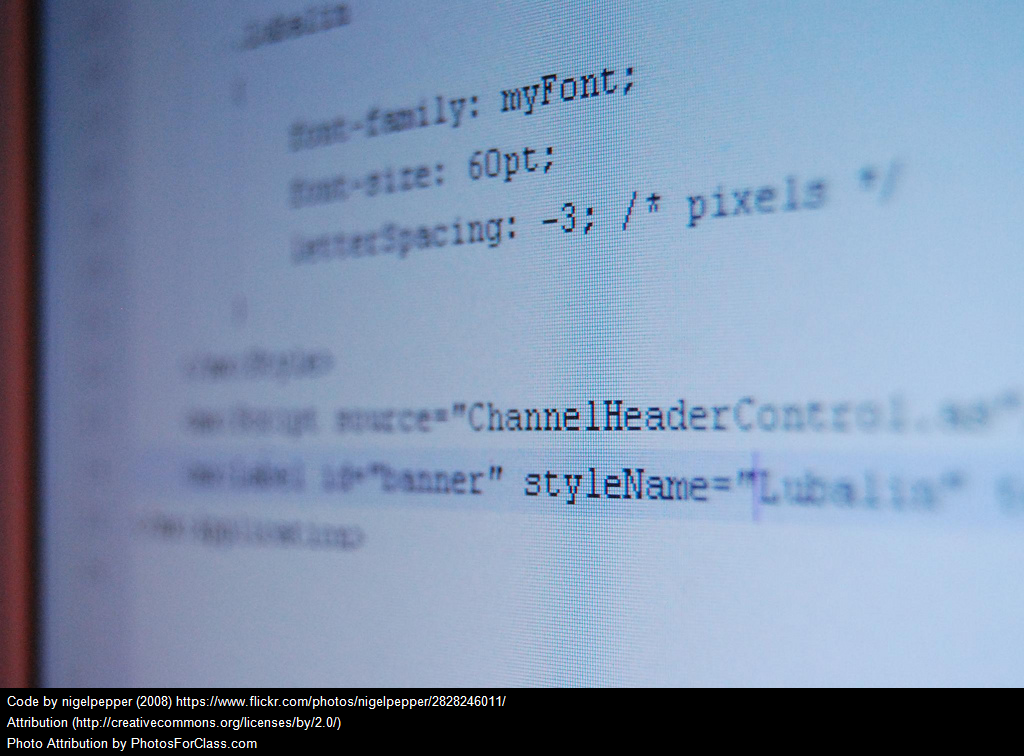
An article on techcrunch recently had the provocative title, "Please don't code - and the central premise was this:
Focusing on coding inflates the importance of finding the “right” method to solve a problem rather than the importance of understanding the problem.
and the reality of coding, and what it means to become a useful crafter of code - an engineer and a designer, takes time, takes effort and like any other endeavour that sits within a market based reality - and will not always result in a solution to all of the economic and technological problems that you set out to fix.
There is of course a reason why startups fail - and it's not usually because of the coding.
As said in the article:
"But don’t lose sight of reality while being charmed by our culture’s Silicon Valley romance. This field is not a get-out-of-debt-free card."
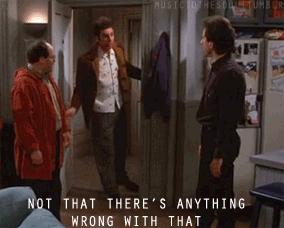
Not that there's anything wrong with that per se - just that we need to be OK and recognize that's why the "all kids should code" meme and by extension the edutech exists.
It exists for a economic reasons - to allow the market to continue to develop. It's not, despite all the lovely marketing words to the contrary, just "for the kids".
So we need to evaluate our decisions, and regardless of how carefully we implement ed-tech and coding, we need to do these evaluations with openness and humility - "and the courage to admit something isn’t working".
And that's difficult - in an modern learning environment, we need to look modern right ... when we're judged constantly - and when we don't look like the future, it matters...
SLIDE - Quote: “We shape our tools and our tools shape us.”
This quote is from Wilson Miner, who spoke at Webstock a number of years ago:
The blurb from that Webstock talk says..
We are in a unique position to have an impact... What happens when we stop thinking of ourselves not just as developers, and take up the mantle as a new generation of designers for a digital world?
While that talk was aimed at designers - I believe it's very applicable to us as educators and leaders of education.
How do the tools we choose, shape the actions that we take?
How do they shape our students?
How do they shape our thinking?
This is of course a very McLuhan-esque idea, which means it's not new - but I think it's still valid.
Because sometimes, despite all of our best efforts in education, the future actually looks like this:
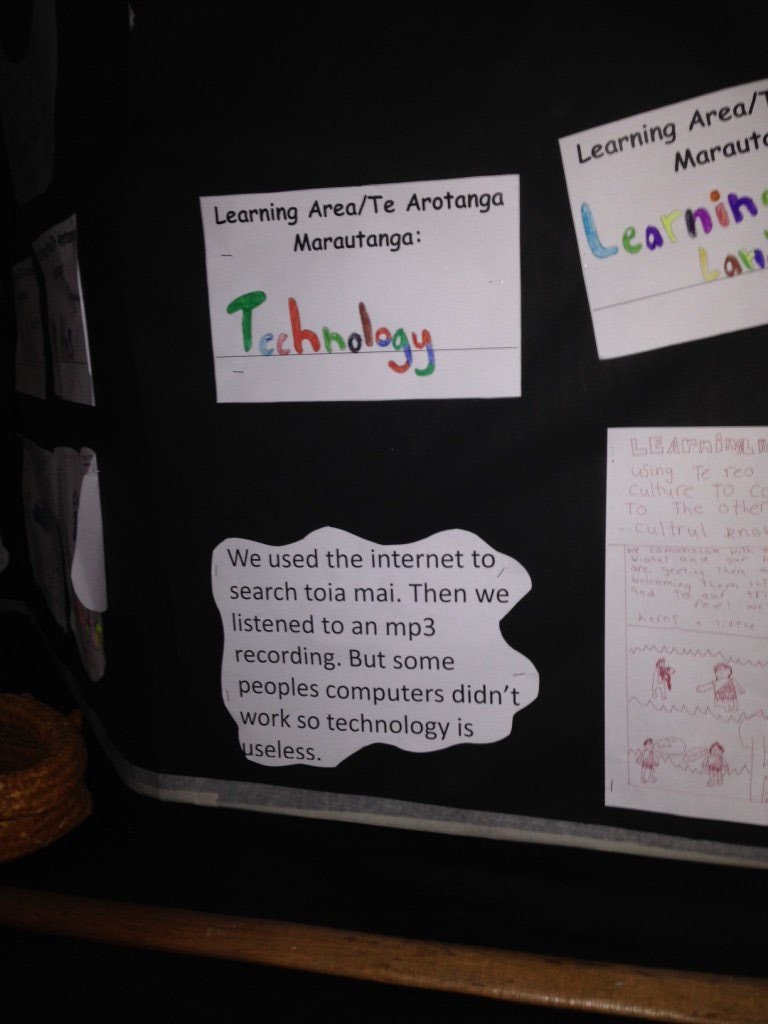
and I love the honesty of the student, and the courage of the teacher who allowed this to be placed on public display.
I'd like to swing my presentation to more of how all this future tech and brave new world thinking actually has an effect on humans. I read an article entitled Dev Discomfort recently, which had this thought provoking comment:
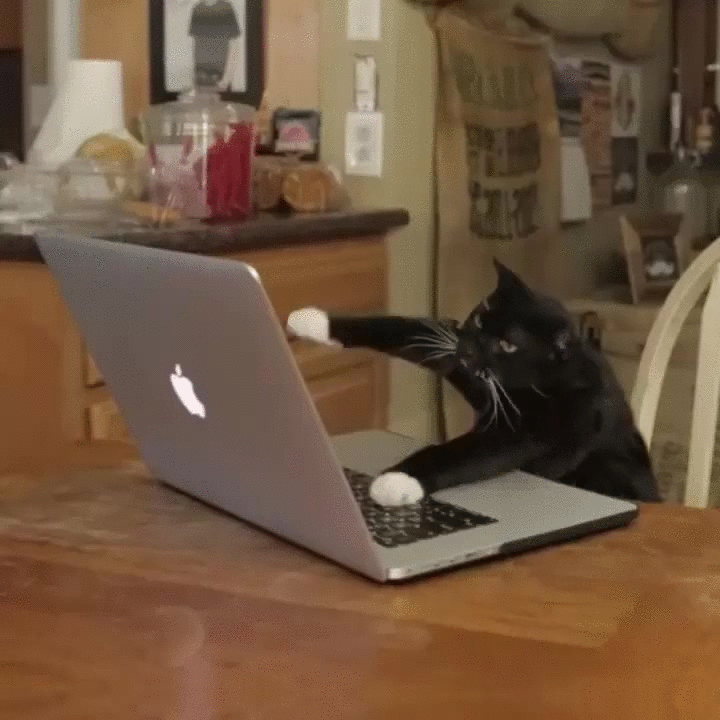
"I feel like my relationship with my tools has gotten flipped—instead of them existing to serve my needs, I feel like I have to improve myself to be able to use them. ...
The prerequisites have gotten so large that it feels like I can’t even get good at something before the whole rickety system has been replaced by something new.
...
Not necessarily better in ways that matter to me, mind you. Just new."
How many of you feel like that?
How many changes in tools and systems have rolled through education, that have left us, at some level, feeling like this cat?
I think we have to to remind ourselves: it’s okay to take time. Rushing doesn’t improve things, it might even slow you down.
Focusing on a few things and doing them well is worthwhile.

We have to be aware of how our words, our tools and our practices, are all about one thing -
to allow space for us to be there to support and pay attention to the actual moments of learning.
when a child, or a teenager, or an adult makes a connection
To quote David Foster Wallace - from his "this is water" speech - which if you haven't read - i highly recommend.
".. this is the freedom of a real education, of learning how to be well-adjusted.
You get to consciously decide what has meaning and what doesn't.
You get to decide what to worship."*
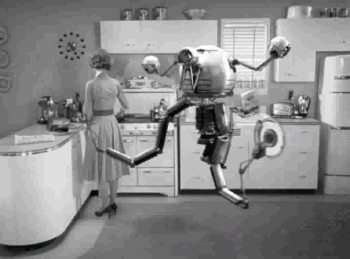
So to summarise my posits...
The future isn't what we might think it is - it's what's happening now - and we're responsible for that.
The future always has an agenda.
We need to be OK with that.
But also be aware of what that means - and challenge it if needed.
Education doesn't exist in a vacuum - pay attention to the society
The fact we have people sleeping in cars, says something about our collective failures
Don't be OK with that - and know that education in isolation can't fix those failures
TA on RadioNZ with John Campbell was humbling and inspiring - she matters.
Choose what to worship
Be alive to all of these aspects
Be aware of discomfort - in the people you lead, in your students, in yourself
Be consciously making deliberate choices - about what you do, when you do, how you do and why.
My final challenge I'd like to put to you - is this quote from Jane Roland Martin, from an interview in new philosopher magazine
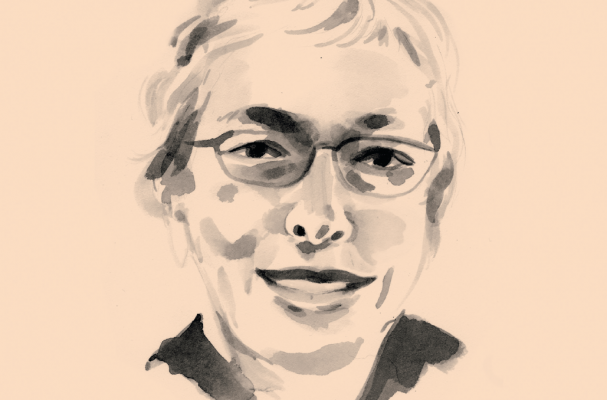
What are we passing down to the next generation?
Are we passing down our cultural wealth? Or are we passing down our liabilities?
... the problem of the generations is how to maximise the transmission of the good stuff of the culture - the assets - and how to minimise the passing down of the bad stuff"
This is my final speaking function on behalf of N4L - next Thursday I take up a the role of Deputy Principal at Thorndon School in Wellington. I am moving from an organisation that exists near the centre of the education, to an org that exists as a "self-managing school"
I'm going there because I believe in my heart, after 10 years of being in the classroom, and of having experienced the world - that our greatest role as educators is to maximise the good stuff, and minimise the bad stuff
or to put it in more simple terms - to provide hope and opportunity for our students
To enrich their lives.
To expand their experience.
That takes discipline and effort and an almost superhuman ability to focus in an insanely distracting world.
And as we do so, when we do those diligent, deliberate acts each day - we enable hope ... hope for little people like this..
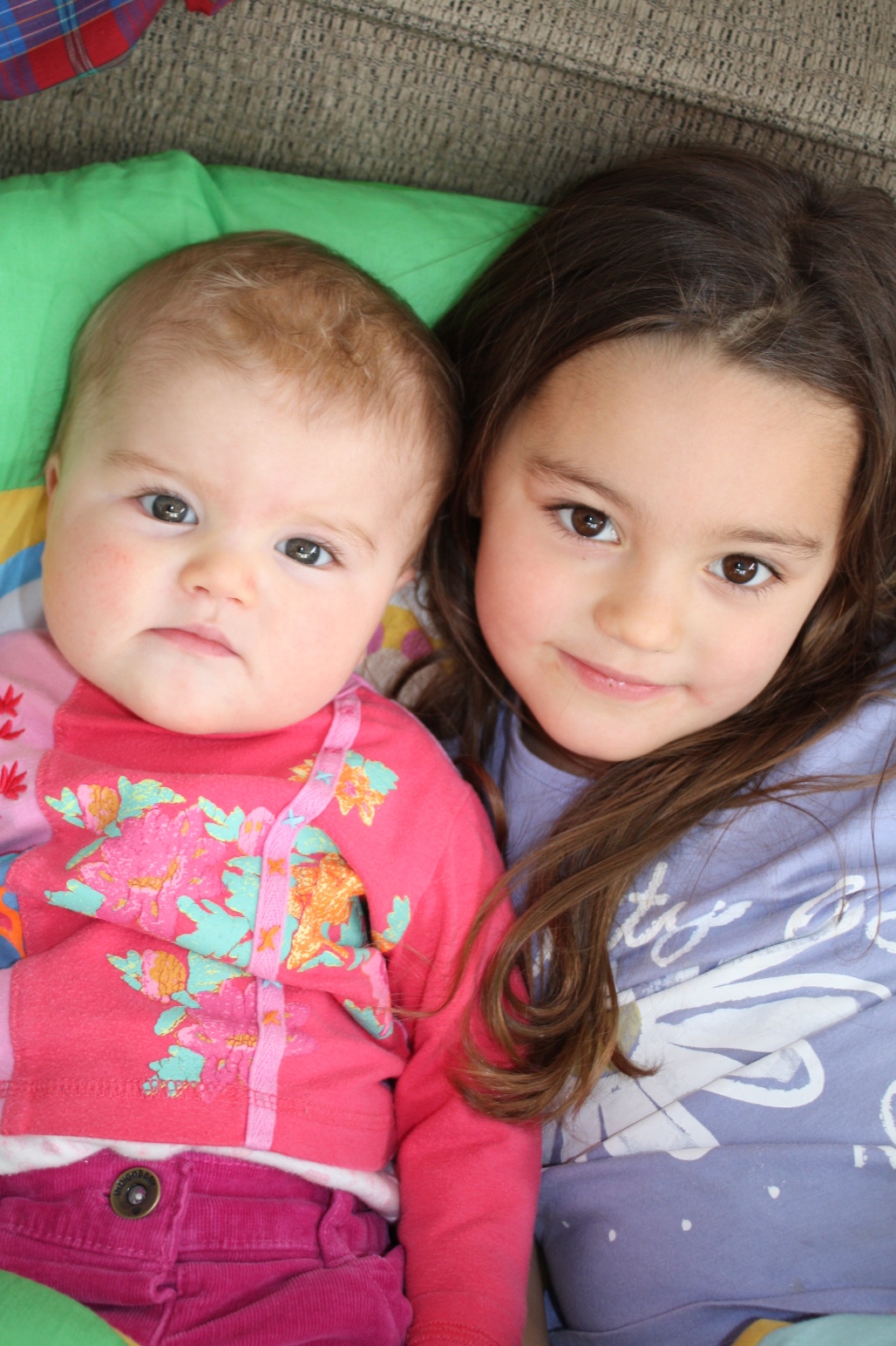
who will grow up to be the students you support in this AUT.
In a world that is yes, evolving, but is also
a world fraught with environmental and political upheaval
a world that has technical and economic liabilities and demands
a world in which our definitions of society and shared human understanding are constantly challenged.
how do we continue to provide hope to the students in front of us.
not just knowledge
not just methodologies and tools
not just new ways of doing old things.
but hope and belief and an sense of place in themselves.
this is a noble, daunting challenge, but an utterly worthy one.
I have an ongoing debate with a colleague that educators are not super-heros
That we should not hold them to such a standard - it is unfair, for there is only one Superman
That we should instead honour them as humans who do honest, heroic deeds, On a daily, ongoing basis.
So I honour you today - for your heroic deeds
for the dedication you display,
the experiences you create,
and the students lives that you enrich.
Thank you.
